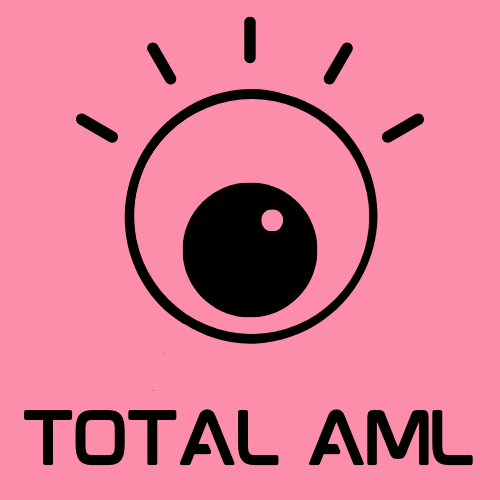Law Sector Vulnerabilities
Summary
The National Risk Assessment on Money Laundering (NRAML), released in July 2024, assessed the inherent money laundering risks of the law sector. As a lawyer, you are not currently captured under the Anti-Money Laundering and Counter-Terrorism Financing Act (AML/CTF Act), but you will be in 2026.
Lawyers are assessed as posing a high and stable money laundering vulnerability. They can, knowingly or unknowingly, facilitate money laundering through the provision of their professional services, including:
Operating trust accounts to deposit, hold, and disburse client funds
Facilitating real estate, business, and asset transactions
Establishing and administering complex domestic and offshore legal structures
The involvement of legal professionals as gatekeepers or facilitators for money laundering is recognised both domestically and internationally as an enduring vulnerability. Australian law enforcement agencies consistently identify criminals seeking and exploiting the advice and services of lawyers to legitimise their activities and obfuscate the proceeds of crime. Domestic criminals rely on lawyers, who often work alongside other professionals such as accountants, financial advisers, and offshore service providers, to conceal illicit funds and beneficial ownership.
Clients of lawyers pose varying levels of money laundering risk. Vulnerability increases when a client uses a third party to obscure identity and/or beneficial ownership. The current absence of customer due diligence obligations under the AML/CTF Act for lawyers exacerbates this vulnerability.
What’s next?
Get in touch if you want to discuss your upcoming AML/CTF requirements.
